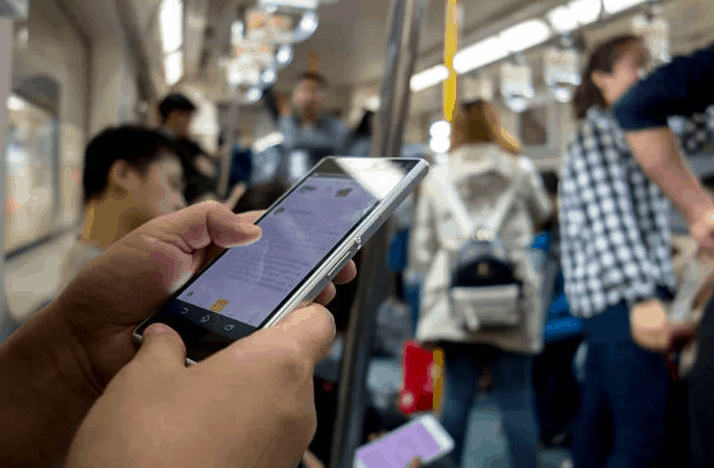
Many of us are already conditioned to ignore phone calls from unknown numbers. A new study seems to validate that M.O.
By next year, nearly half of the mobile phone calls we get will be scams, according to a new report from First Orion, a company that provides calls management and protection for T-Mobile, MetroPCs, Virgin Mobile and others.
The percentage of scam calls in US mobile traffic increased from 3.7 percent last year to 29.2 percent this year, and it’s predicted to rise to 44.6 percent in 2019, First Orion said in a press release Wednesday.
The most popular method scammers use to try to get people to pick up the phone is called “neighborhood spoofing,” where they disguise their numbers with a local prefix so people presume the calls are safe to pick up, First Onion said. Third-party call blocking apps may help protect consumers from known scam numbers, but they can’t tell if a scammer hijacks someone’s number and uses it for scam calls.
“Year after year, the scam call epidemic bombards consumers at record-breaking levels, surpassing the previous year and scammers increasingly invade our privacy at new extremes,” First Orion CEO Charles Morgan said in the press release.
First Orion in April testified before the US House Committee on Digital Commerce and Consumer Protection about combating robocalls, scam calls and caller ID spoofing with technologies. The company works with carrier giants like T-Mobile to alert consumers of scam calls by displaying “Scam Likely” as caller ID on their phones.
“Scammers relentlessly inundate mobile phones with increasingly convincing and scary calls,” said Gavin Macomber, senior vice president of marketing at First Orion, in an email statement. “Solving a problem of this magnitude requires a comprehensive, in-network carrier solution that dives deeper than third-party applications ever could by detecting and eliminating unwanted and malicious calls before they reach your phone.”























